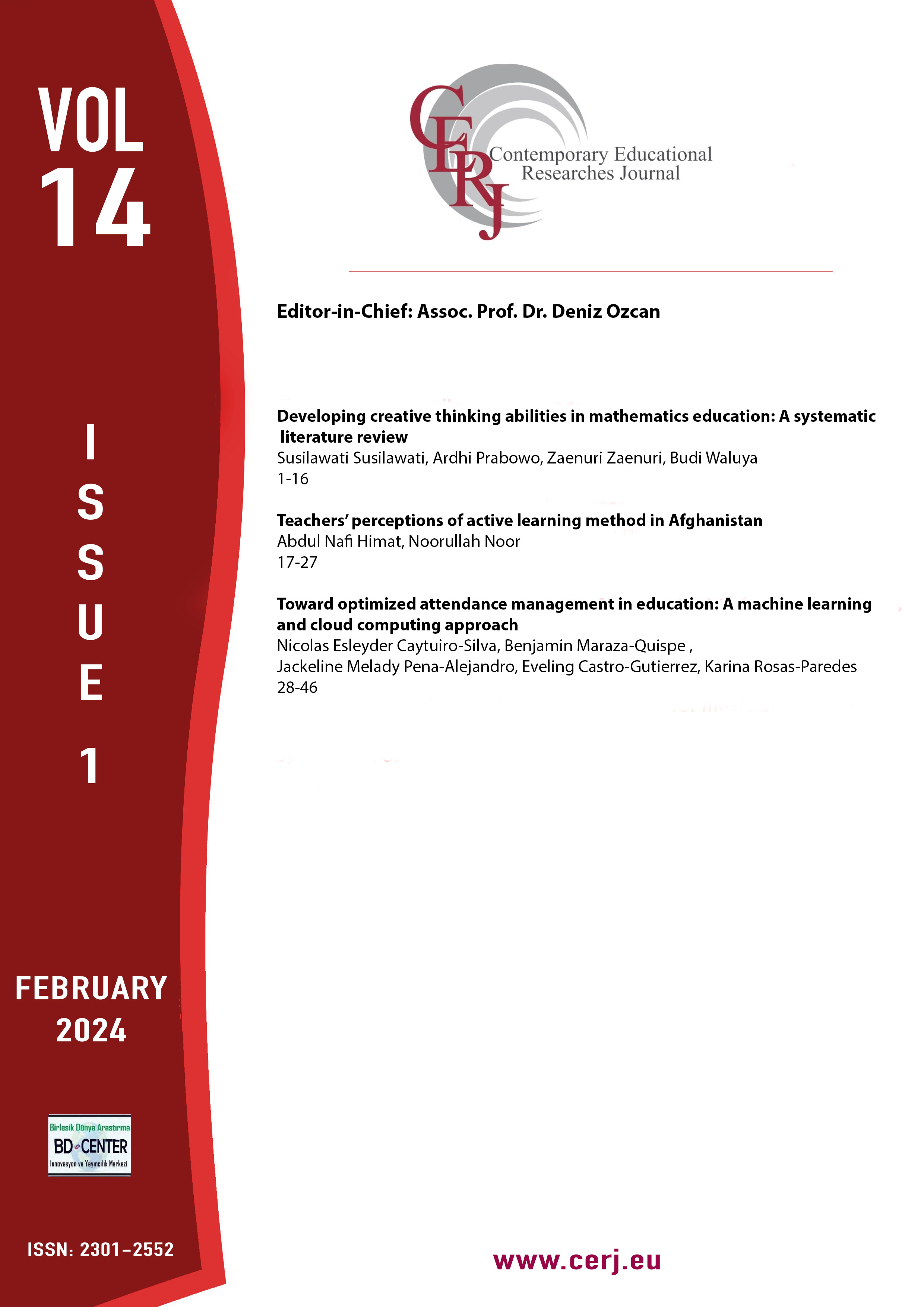Traditional games to improve the implementation of kindergarten character education
Main Article Content
Abstract
The problem in Indonesia is that Indonesia cannot repress the moral deviation happening to the students, which causes the decline of the nation's morale. One of the reasons is the low quality of education. Traditional character education has become essential to the education system and core competencies. Traditional games in Indonesia, especially in Java, are the product of the "easterners, " full of nobles. The hope is that the traditional games taught to children will impact the establishment of good moral values. The research aims to tell character education based on traditional games so that the games program based on the traditional games can be implemented as a model of character education in kindergartens. The implementation also aims to change the student's behavior toward noble values. The design method in this study applies qualitative research. The data were analyzed inductively using the domain, taxonomy, component, and these techniques. Through this method, the reality or phenomenon of applying traditional game-based education will result from dynamic and meaningful thinking. The results of this study show that traditional game-based character education is one of the efforts to face the challenges of the nation's moral crisis. Teaching traditional games as a medium of innovation that kindergarten teachers can use to develop students' character values. Traditional games can train students' motor skills, attitudes, and skills and develop noble character. The finding and implications in this study are that students' good personalities can be acquired through using traditional games in kindergarten teaching. It can also be a means of preserving the culture of the nation.
Keywords: Character education, cultural preservation, early childhood program, traditional games, young generation
Downloads
Article Details

This work is licensed under a Creative Commons Attribution-NonCommercial-NoDerivatives 4.0 International License.
Authors who publish with this journal agree to the following terms:
- Authors retain copyright and grant the journal right of first publication with the work simultaneously licensed under a Creative Commons Attribution License that allows others to share the work with an acknowledgement of the work's authorship and initial publication in this journal.
- Authors are able to enter into separate, additional contractual arrangements for the non-exclusive distribution of the journal's published version of the work (e.g., post it to an institutional repository or publish it in a book), with an acknowledgement of its initial publication in this journal.
- Authors are permitted and encouraged to post their work online (e.g., in institutional repositories or on their website) prior to and during the submission process, as it can lead to productive exchanges, as well as earlier and greater citation of published work (See The Effect of Open Access).
